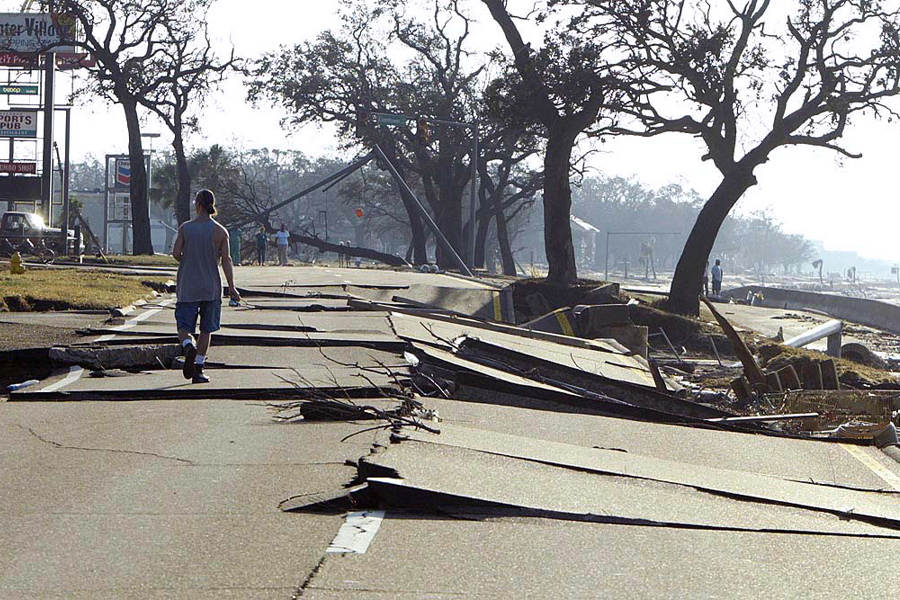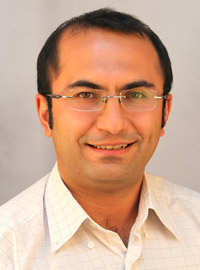
The federal government is debating billions of dollars of investment in infrastructure that would develop roads, bridges, public transit, high-speed internet and more.
Eren Ozguven, an associate professor in the Department of Civil and Environmental Engineering at the FAMU-FSU College of Engineering, researches how infrastructure contributes to communities’ abilities to respond to emergencies in his role as the director of the Resilient Infrastructure and Disaster Response (RIDER) Center.
Ozguven is available to comment on infrastructure and how investments in infrastructure can meet the needs of urban and rural communities.

Eren Ozguven, associate professor, FAMU-FSU College of Engineering and the director of the Resilient Infrastructure and Disaster Response (RIDER) Center
(850) 410-6146; eozguven@eng.famu.fsu.edu
“When we think about Florida, for example, we need to provide similar levels of access to everyone, whether they’re living in an urban, suburban or rural area. Urban areas have their own problems, such as traffic itself, traffic signals and more cars on the road, but rural areas have other problems that need to be considered.
Rural residents, for example, might have a long travel time to reach a hospital. Rural areas might need more access points to effective long-distance transportation, such as highways. Those access points don’t need to be new roadways. Widening at certain places can be a good strategy.
Broadband and communications are also critical. We’ve been talking to many communities in the Florida Panhandle over the past year. From school superintendents to mental health counselors, people have a problem with not having the infrastructure to communicate. That could be solved with libraries providing information and broadband access, or in some cases, with neighbor-to-neighbor information.
Consider Hurricane Michael, for instance. People said, ‘We can survive this storm,’ because they had been through those storms all their life, but then it went from a category three storm to category five overnight. People need that information to make their decisions.”




